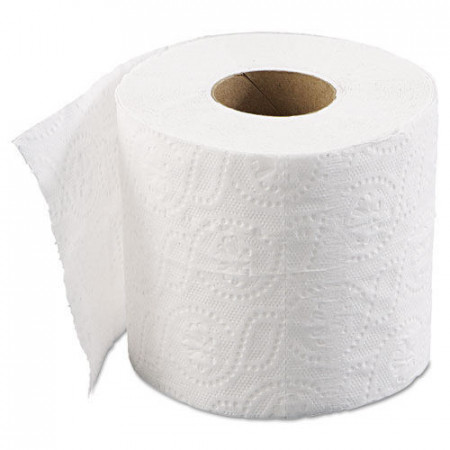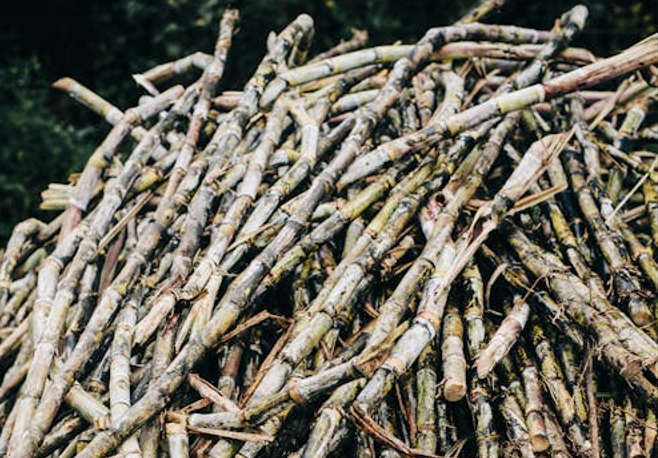Imported pulp likely cause of high cost of tissue paper

Prices of tissue paper has risen sharply in the wake of runaway rise in prices of basic commodities raising concerns among consumers.
The utility which was recently retailing at an average of Sh100 for a pack of six is now being sold at Sh160 in the lucrative sector which fetched Sh2.4 billion in sales, according to data from the economic survey.
Industry levergaes a circular economy model of production, consumption and reusing, but it is now emerging that some producers of the utility are going against this rule.
Business Hub has established from experts in the sector that the surge in prices may be linked to imported pulp despite enough waste paper in the country.
Stiff competition in the sub-sector has forced some players to bank on imported virgin pulp which is expensive for production.
“We have two players who are currently doing the backward integration,” said an insider, who did not want to be named.
“They import huge amounts of pulp and produce tissue paper and other associated products in a bid to stay ahead of the competition.”
Imported Pulp
The rule is that tissue paper manufacturers must first use waste paper from within, and only import pulp to meet deficit, however, the move by such players is akin to importing tax into the country which is spiking the price of the product. The country has no shortage of waste paper.
This essentially means that Kenyans have been forced to bear the cost of import duty levied on the raw materials, further raising the cost of tissue paper.
The Consumers Federation of Kenya (COFEK) says the recent price hike in most basic items is unjustified and have written to the Competition Authority of Kenya (CAK) for action.
“We want CAK to take prompt action against the manufacturers and sellers of basic items such as tissue paper. We’ve also asked the Retail Traders Association of Kenya to control their members,” said Stephen Mutoro, the Secretary-General of COFEK.
Manufactures however blame the rise to market forces. “This is due to the cost of raw materials used in producing toilet rolls, which has gone up significantly. Kenya imports most of the raw materials from Egypt. The producing nation has since increased the per unit cost by 50 per cent, compared to the prices in early 2022,” KAM said in a statement.
The manufactures also say the weakening of the Kenyan shilling against the dollar coupled with increasing cost of fuel has affected the foreign exchange rate, impacting the ability to bargain in the foreign market.
“The cost of transporting raw materials and finished goods is also reliant on the cost of fuel. If the fuel cost goes up, again, the extra cost shall be transferred to the consumer,” the manufacturers warned.












